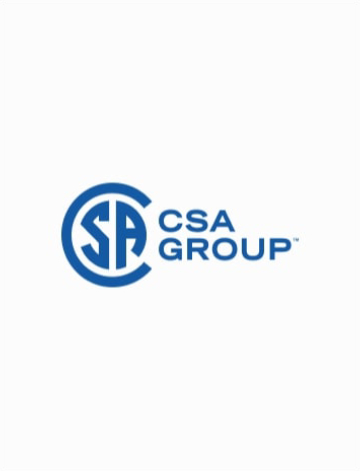Preface
This is the third edition of CSA G30.18, Carbon steel bars for concrete reinforcement. It supersedes the previous editions, published in 2009 and 1992.
CSA acknowledges that the development of this Standard was made possible, in part, by the financial support of the Reinforcing Steel Institute of Canada.
This Standard has been developed in compliance with Standards Council of Canada requirements for National Standards of Canada. It has been published as a National Standard of Canada by CSA Group.
Scope
1.1
This Standard specifies requirements for deformed and plain round steel bars for concrete reinforcement that can be furnished in cut lengths or in coils.
1.2
Two Types of bars are covered by this Standard:
a) Type R — Intended for general applications. The R designation is used for specifying, ordering, and communication only, and is not rolled onto the deformed bar.
b) Type W — Appropriate for applications where restrictions in chemical composition and mechanical properties are desirable. Type W bars provide enhanced ductility and enhanced weldability. The W designation is rolled onto the surface of deformed bars.
1.3
This Standard specifies three minimum yield strength levels, i.e., 400 MPa (designated as Grades 400R and 400W), 500 MPa (designated as Grade 500W), and 600 MPa (designated as Grade 600W) (see Table 4).
1.4
This Standard includes limits to chemical composition and carbon equivalent of the Type W bars to enhance the weldability of the material. Some bar manufacturing techniques can render the material less appropriate for welding applications. If welding is required, a procedure suitable for the chemical composition, metallurgical structure, method of manufacture, and intended use or service should be used. CSA W186 describes the proper designs and proper selection of filler metals, preheat/inter-pass temperatures and performance and procedure qualification requirements to be used.
1.5
In this Standard, shall is used to express a requirement, i.e., a provision that the user is obliged to satisfy in order to comply with the Standard; should is used to express a recommendation or that which is advised but not required; and may is used to express an option or that which is permissible within the limits of the Standard.
Notes accompanying clauses do not include requirements or alternative requirements; the purpose of a note accompanying a clause is to separate from the text explanatory or informative material.
Notes to tables and figures are considered part of the table or figure and may be written as requirements.
Annexes are designated normative (mandatory) or informative (non-mandatory) to define their application.
1.6
The values given in SI units are the units of record for the purposes of this Standard. The values given in parentheses are for information and comparison only.


